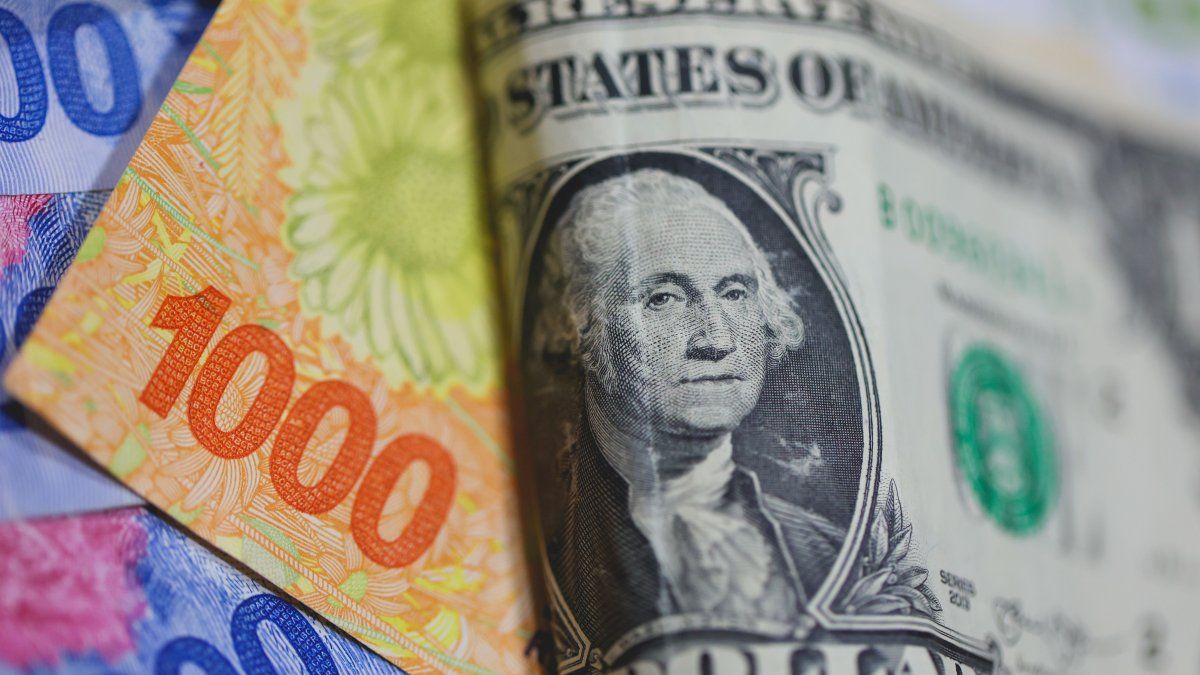In the debate about successor solutions for the 9-euro ticket, the main point of contention is who pays. A reform of company car taxation, which many consider long overdue, is coming into focus.
The discussion about a possible successor solution for the 9-euro ticket is mainly about money. Depending on how it is designed, a new local public transport service could cost several billion euros. Where should the money come from if the federal and state governments are not to incur any additional debt?
SPD leader Lars Klingbeil recently brought the excess profit tax for companies into play again. However, the regulations for company cars are also increasingly coming into focus. Demands for a reform of these rules are getting louder again.
Criticism has long been sparked by the so-called company car flat rate, the tax rules for the private use of company cars. But other experts are also interested in the general possibility for companies to largely deduct the purchase of company cars from taxes. These critics include the lobby group Deutsche Umwelthilfe (DUH). “Every year, the state reimburses billions in taxes for company cars, most of which are particularly harmful to the climate,” says DUH federal chairman Jürgen Resch.
High-horsepower CO2 spinners
In order to substantiate the criticism, the association has now selected more than a dozen particularly expensive and high-horsepower luxury vehicles from the statistics of the Federal Motor Transport Authority (KBA). These include the luxury sports car Audi RS Q8 or the SUV AMG G 63 from Mercedes. Both vehicles not only have several hundred hp, but also emit many times the CO2 limit of 95 grams per kilometer set by the EU. The vast majority of these vehicles are purchased by businesses and freelancers – who can claim a large portion of the purchase price as a tax deduction.
If you look at the KBA statistics for yourself, you will find that the more expensive a car, the higher the proportion of so-called new commercial registrations – i.e. company cars. According to the KBA, more than 85 percent of the more than 2,200 newly registered luxury class vehicles in the first half of this year were delivered to commercial buyers. In the compact class, on the other hand, it was only 68 percent, and around 51 percent for small cars.
According to the Federal Ministry of Finance, when a company buys a company car, it can get back from the state between 39 and 43 percent of the gross list price, depending on the corporate tax burden. Both the input tax and the income tax for five years as a result of the depreciation of the vehicle are reimbursed. From the point of view of many experts, this is not reprehensible. After all, companies can deduct anything from their taxes.
But there is no upper limit for company cars. According to the association, for some vehicles from the DUH investigation, the reimbursement amounts to significantly more than 100,000 euros for a single car.
Climate crisis as an argument
DUH boss Resch criticizes these sums. “In view of the dramatically worsening climate crisis, we are calling for an immediate stop to the deductibility of vehicles that exceed the EU fleet limits that have been in force since 2020,” he says. As a result, more and more low-emission cars and electric vehicles would end up in company fleets and ultimately on the used market when the company cars are sold again after a few years.
On the other hand, Resch proposes a price ceiling above which the state no longer offers tax refunds. “That should be 30,000 euros per vehicle, following the example of France.” In this way, the state could save billions and thus finance connection solutions for the 9-euro ticket, Resch is convinced.
Other experts see additional potential in changing the so-called company car privilege: Anyone who can also use their company car privately has a so-called pecuniary advantage that has to be taxed. If you don’t keep a logbook, you have to give one percent of the gross list price to the state every month, less for vehicles with alternative drives.
“But the actual monetary benefit for the user is significantly higher, depending on the extent of private use,” says Matthias Runkel, traffic expert at the Forum for Ecological and Social Market Economy (FÖS), another interest group. The Federal Environment Agency assumes that the state could earn at least 3.1 billion euros more per year if taxation were based on the actual economic advantage for private company car users. The FÖS is even assuming possible additional income of 4.5 to 5.5 billion euros with more recent figures.
The company car private users could probably afford it. The higher the income, says Runkel, the more widespread company vehicles are.
Source: Stern
Jane Stock is a technology author, who has written for 24 Hours World. She writes about the latest in technology news and trends, and is always on the lookout for new and innovative ways to improve his audience’s experience.




